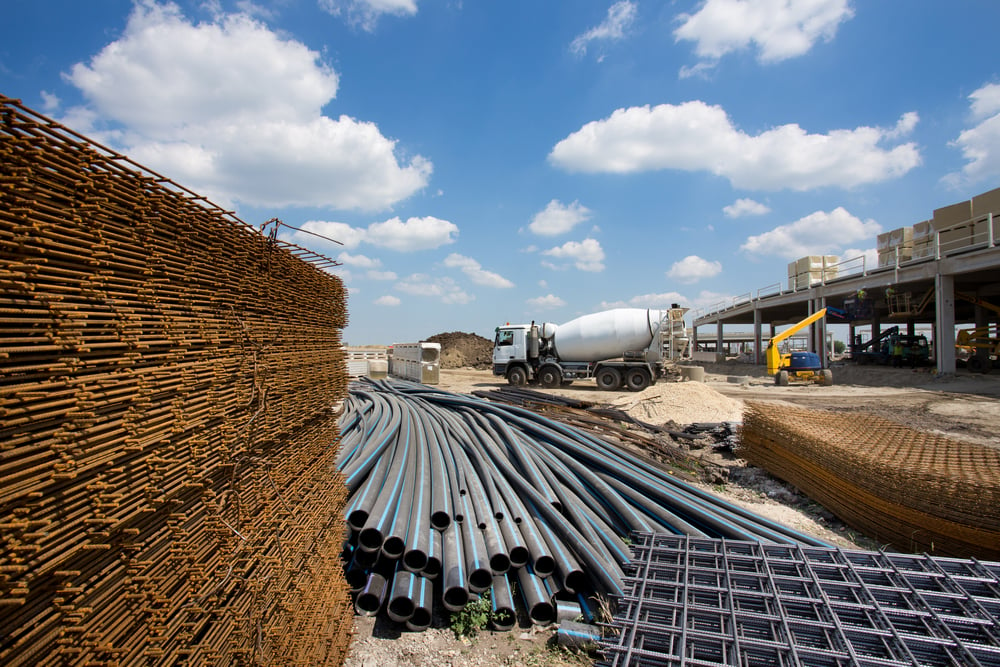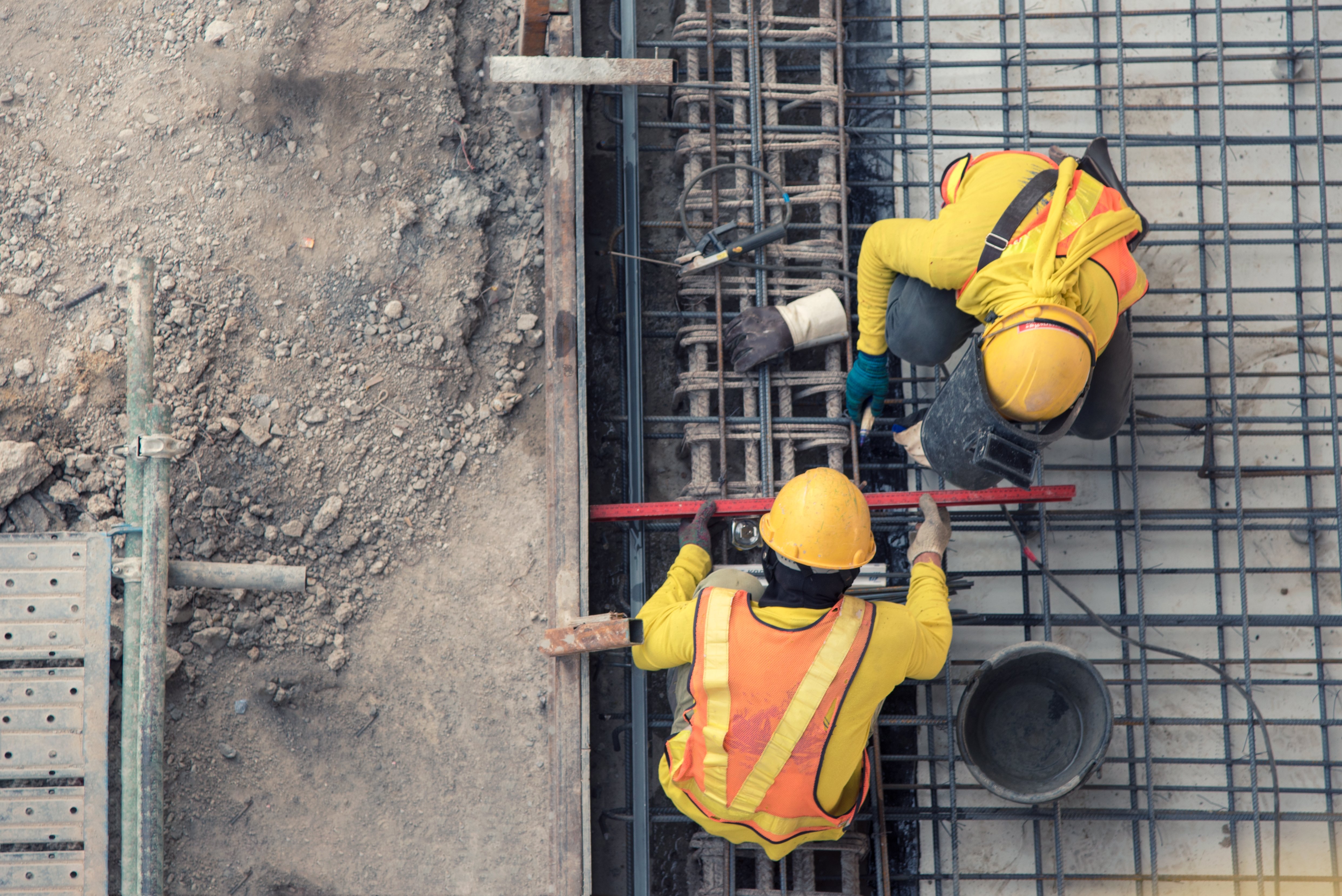2 min read
Optimize Construction Bidding with Historical Data Analysis
Baldwin CPAs 2/28/22 10:34 AM

If you had to make a list of some of the most difficult parts of the construction process, bidding would undoubtedly be right at the top. Even professionals who have been in the business for many years can still find it difficult. This is exacerbated by companies that intentionally make lower-than-average bids, purely in an effort to keep the work coming in and to keep their cash reserves flowing.
One way to make the process easier is to leverage the huge volumes of data your company is creating to your advantage. Every day, you keep information in customer relationship management (CRM) tools that can help uncover trends and patterns that likely otherwise would have gone undiscovered. That information doesn't just show you how far you've come, it shows you where you're likely headed, too.
The Benefits of Historical Data in Construction Bidding
One of the major reasons why historical data is so important in construction is that it can help clue you in on the right types of projects to bid on in the first place. Not only can reviewing this information help you see which efforts in the past were the most profitable, but it can also provide invaluable insight into what may have gone wrong - thus putting you in a better position to avoid those issues altogether in the future.
Doing so will require you to pull as much information as possible from your systems, including anything pertaining to the workers who were on-site, the necessary equipment, and more. Even the current certification statuses of your workers should be examined. All of these factors relate to direct costs, which will impact how you should bid on an upcoming job in order to remain profitable.
This also goes a long way towards helping contractors bid in a more strategic fashion. Once you begin to review the data, you'll see which types of jobs are worth your time and which ones aren't. You'll also know, based on the current status of your company, which bids are most likely to be successful based on what you've done in the past. By weeding out those bids that aren't worth your time, you can spend more effort strengthening proposals for those that are.
Another factor that underlines the importance of historical data in the bidding process has to do with the amount of time it will take to complete a specific project. According to one recent study, about 20% of construction projects never actually get completed on time. This is a major contributing factor to 80% of them eventually going over budget.
But with historical data, you can change all that. You can compare your upcoming bid to a past job and see exactly what resources were needed, what your costs ended up being and the actual amount of time that it took to complete. At the very least, you'll be able to bid in a way that more accurately reflects how profitable it will be for your company. You'll also be able to submit a bid that is more realistic for the customer which in and of itself may be the most important benefit of all.
In the end, contractors can use historical data to gain massive advantages over their competitors. They can bid in a more strategic way, they can develop more effective proposals, and they can show potential clients that they can come in on time and on budget. Provided that they're willing to embrace it, of course.

Causes for Skyrocketing Input Prices
Input prices have been on the rise since the start of the pandemic with supply chain shortages driving up demand, and now, inflation. In fact, the...

The Construction Industry Is Making A Return
The pandemic caused shifts and delays in a number of industries including construction. While the industry didn’t shut down completely, it did see...
